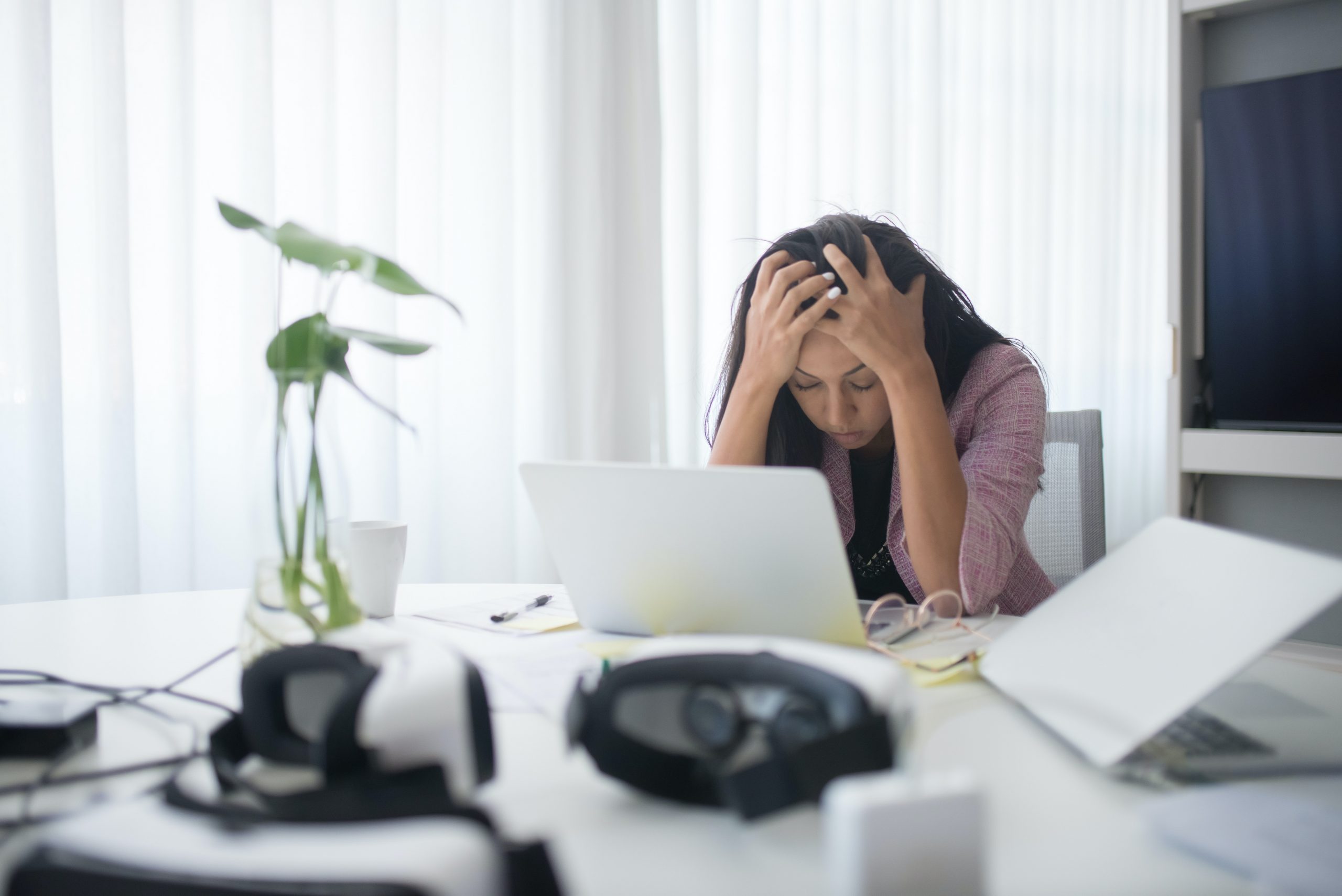In the last year, female employees have experienced more work-related health implications than men. According to a new study, female employees are 54% more likely to suffer from raised anxiety and 17% more at risk from excessive stress because of their work life. Over a third (35%) of women also reported their mental health had worsened in the last year because of the workplace.
Ahead of International Women’s Day (IWD) on the 8 March, the data highlights the disproportionate health implications women face because of the workplace. With this year’s IWD theme being #EmbraceEquity employers are being encouraged to do more to support women’s health and wellbeing in the workplace.
The NHS warns that the first signs of burnout, anxiety or depression are insomnia and trouble sleeping*. This is particularly concerning as the data shows 27% of female employees have experienced insomnia; making them 42% more susceptible to sleep deprivation.
The study, which surveyed over 1,000 employees, also reports sore backs, shoulders or necks have been experienced at a rate 58% higher in women than men, and other physical health concerns were 60% more likely in women.
Despite disproportionately experiencing work-related health implications, female employees are twice as likely as men to work through their health issues rather than taking sick leave. Also known as presenteeism, working while unwell can lead to other health issues — by encouraging employees to rest and recover properly when ill, companies can help to improve their health and prevent long-term illness.
What do employees want from their companies?
Kate Palmer, HR Advisor and Consultancy Director at Peninsula, says: “Equality should be at the forefront of employers’ priorities and, as recognised by International Women’s Day, the only way to achieve this is through equity. Widespread prejudices against women and damaging biases such as: they’re unable to juggle a career and family, or be as resilient as men in the workplace, can often lead to women having to work longer and harder than their male counterparts just to access the same opportunities, even if it means working when they are unwell.
“ All employers should consider offering an employee assistance programme and trained mental health first aiders to help identify individuals struggling with their mental health at an early stage, and signpost them to professional resources. Knowing women may be more at risk should be a prompt for employers to proactively implement these measures.”
It appears that employers aren’t doing enough to help women in the workplace. A recent UK-wide study into employee health and wellbeing found a staggering 85% of employees want their company to be more proactive in boosting employee health, wellbeing and healthy habits.
- 33% of employees think training managers to provide better support is the answer
- 32% of workers believe in promoting the use of sick leave when people are struggling with physical or mental health
- 25% of employees want access to stress management training
Companies also benefit when contributing to their employee’s health and wellbeing as it makes 38% of employees feel more productive at work. A third (33%) of employees feel engaged with the work they do and 31% say they’re less likely to seek job opportunities elsewhere.
Ruth Tongue, director of employee wellbeing company Elevate, says: “Equity is not something to only be addressed once a year – companies must think strategically about how to support women in their workplace.
“Employers should offer emotional and mental wellbeing support for everyone via counselling, support sessions with experts on stress management and championing women in the workplace by offering recognition not only financially but also visibly through promotions and praise.”
*According to https://www.nhs.uk/conditions/insomnia/







